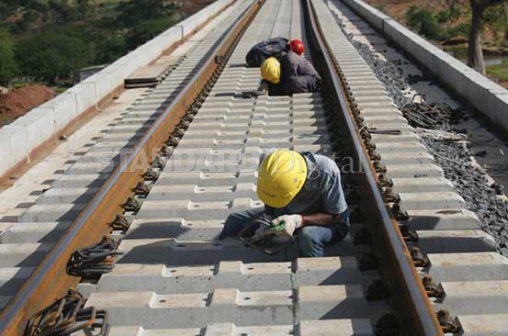×
The Standard e-Paper
Stay Informed, Even Offline

NAIROBI: With the Railway Development Levy missing its revenue target, Treasury has come under pressure in servicing a Sh327 billion loan it used to finance construction of the modern Standard Gauge Railway (SGR).
The 1.5 per cent levy charged on all imported goods has failed to meet its target and with the Government’s own finances under strain, it has to look elsewhere to bridge the financing gap.